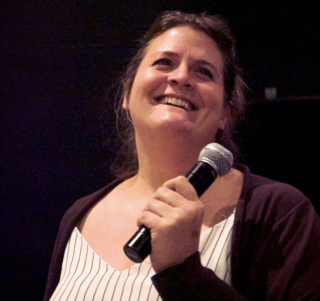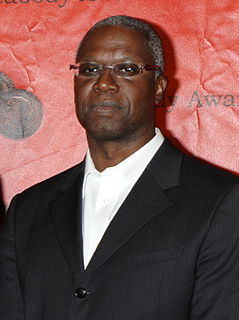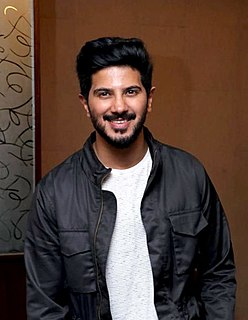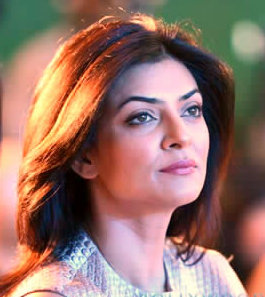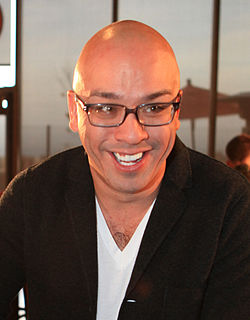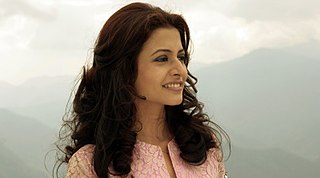A Quote by Megan Griffiths
We are living at a time where there are so many films available to watch through so many formats all the time. It's hard for any film to stand out in that din.
Related Quotes
Consider the word “time.” We use so many phrases with it. Pass time. Waste time. Kill time. Lose time. In good time. About time. Take your time. Save time. A long time. Right on time. Out of time. Mind the time. Be on time. Spare time. Keep time. Stall for time. There are as many expressions with “time” as there are minutes in a day. But once, there was no word for it at all. Because no one was counting. Then Dor began. And everything changed.
The main objective of our cinema is to entertain. If you can pass on a message at the same time, that is fantastic, but if the audience does not feel they are going to be entertained by the film, they are not going to watch it. There are many examples of very responsible and great films that are being made, but nobody goes to watch them.
I like a lot of good European films, good - anything really. I'm a big fan of Netflix and I get films from them all the time. If I hear about something that I don't know, that I haven't seen, forgot about, I immediately jot it down and add it to my Netflix list or if there's a film that's available that I haven't seen for many years, I get that.
It's hard to see a film one time and really "get it," and write fully and intelligently about it. That's a review. That's not film criticism. And there's so many expectations involved, too. You're going in to see the latest Martin Scorsese or Stanley Kubrick film, you really have high hopes, and you can't help but find that it's not exactly what you had in your head going in. Until you can watch it again, you can't accept the work for what it intends to be. It takes at least a second viewing.
